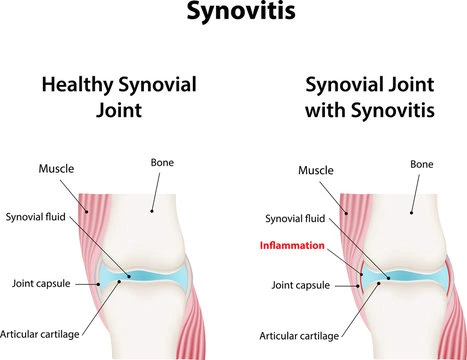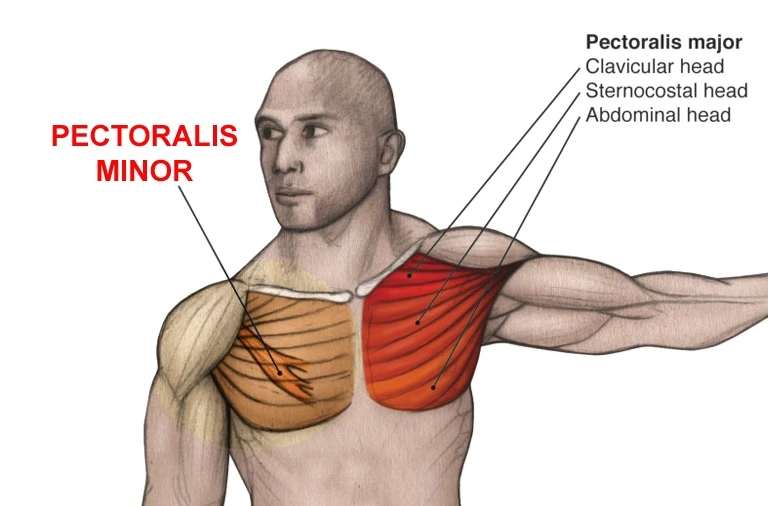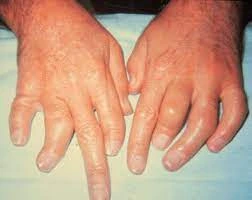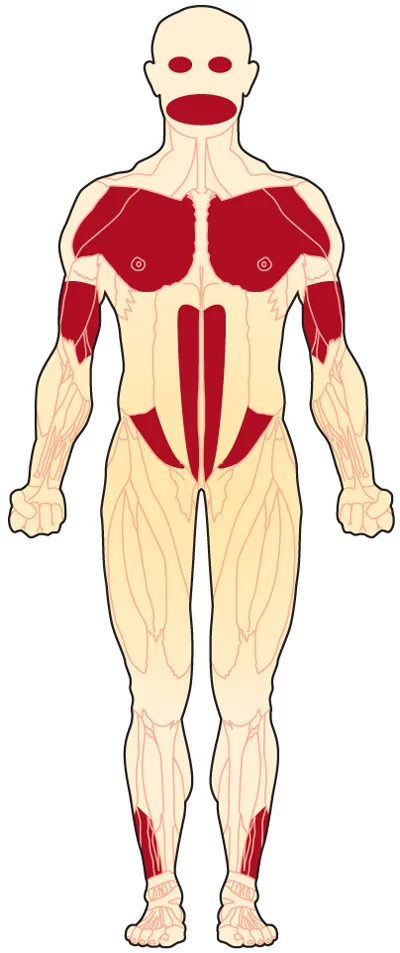Fibromyalgia: Symptoms, Causes, and Treatment
Fibromyalgia(formerly called fibrositis) is a chronic disorder that causes widespread pain, fatigue, and other discomforts.
People with Fibromyalgia describe it as a constant muscle ache.
It is often confused with arthritis but unlike arthritis, it affects soft tissues and doesn’t cause damage to joints or muscles.
The disease does not progress, which means it does not worsen over time.Women are more likely to develop it than men.
Many people who are suffering from it also have tension headaches, temporomandibular joint (TMJ) disorders, irritable bowel syndrome, and depression.
Symptoms
Widespread pain: The main symptom of fibromyalgia ispain. People have reported constant pain in muscles and other soft tissues around their bodies.
The pain can occur on both the sides of the body and on the upper or lower part of the body.
The pain can range from mild to unbearable.
Over-Reacts: Your body gets hurt from the things that normally are not painful. You can feel the pain in more than one region of the body.
Fatigue: People with it complains about constant tiredness.
Pain is generally a reason to disturb your sleep.
There are many patients with fibromyalgia who are also suffering from other sleep disorders.
Fibro fog: Also known as ‘fibromyalgia fog’ is a condition of feeling frizzy.
Signs of fibro fog are trouble in staying focussed, and memory lapses.
Painful periods and troubled Menopause: Symptoms of Fibromyalgia have generally been more severe in females than in males.
A painful period is a common symptom in females.
Fibromyalgia can become worse during the transition to Menopause. The symptoms of menopause and fibromyalgia are similar.
Other symptoms include:
- Dizziness
- Stiffness
- Dry mouth
- Sensitivity to cold or heat
- Sensitivity to loud noises or bright light
- Headaches
- Difficulty in sleeping
- Numbness
- Tingling in hands and feet
- Migraine
There is no particular test to diagnose it.
Fibromyalgia symptoms are similar with other conditions symptoms.
So, it is often misdiagnosed.
CAUSES
The causes of fibromyalgia are still undetermined. There are still several kinds of research going on for the said disease.
In fact, in the past, several healthcare professionals raised questions on its existence.
Body’s central nervous system plays a big role in the condition, It is said that pain is actually originating in your brain when it feels like coming from a particular area of the body.
Some potential factors can slightly clear the picture on why people developed fibromyalgia:
Genes
Genes may play a role. Fibromyalgia often runs in families. Someone in your family having the condition puts you at high risk of developing it.
Trauma
People who go through certain traumas in their lives may develop the fibromyalgia condition. Trauma can be physical, mental, or emotional.
It is also seen as associated with Post-traumatic Stress Disorder (PTSD).
Stress
Stress is very harmful to mental balance. It affects the brain very acutely.
One theory about the fibromyalgia pain is that the brain lowers its tendency to tolerate the pain.Something that was not painful before becomes very painful over time.
Many researchers state that repeated nerve stimulation causes the brain and spinal cord of people with fibromyalgia to change. Due to this change, there is an abnormal increase in levels of certain chemicals that are responsible to signal pain.
Fibromyalgia Diagnosis
Since there is no particular test to diagnose fibromyalgia, it is very difficult to diagnose it.
Previously, doctors used to do a ‘tender point’ exam. It is the examination where18 specific points on the body are firmly pressed to check how many of them were painful.
‘Tender point’ exam is not used widely now.
But now, If you have ‘widespread’ pain continuously from 3 months or longer your healthcare professional may diagnose you with fibromyalgia. “Widespread” means the pain is on both sides of the body, and above and below of your waist.
Your doctor may ask you to take some tests to rule out other conditions and diseases.
After the detailed examination, your doctor would reason out other conditions that can cause the pain.
TREATMENT
There is no cure for fibromyalgia yet. But there are several treatments and medications available that can ease the disorder.
Doctors who treat fibromyalgia are:
- Internists (internal medicine specialists)
- Rheumatologists
- Neurologists
- Pain management doctors
The focus is more on reducing symptoms.
Doctors generally recommend medications to reduce pain and help you sleep better.
Exercising and therapies like massage therapy can ooze the pain.
Seeking professional help from therapist or stress-releasing techniques can benefit you physically and mentally.
There is no cure available for fibromyalgia but more treatment is available now than before. Constant pain due to fibromyalgia can make your life miserable. So, it is best to reach your doctor as soon as possible.








16 Comments